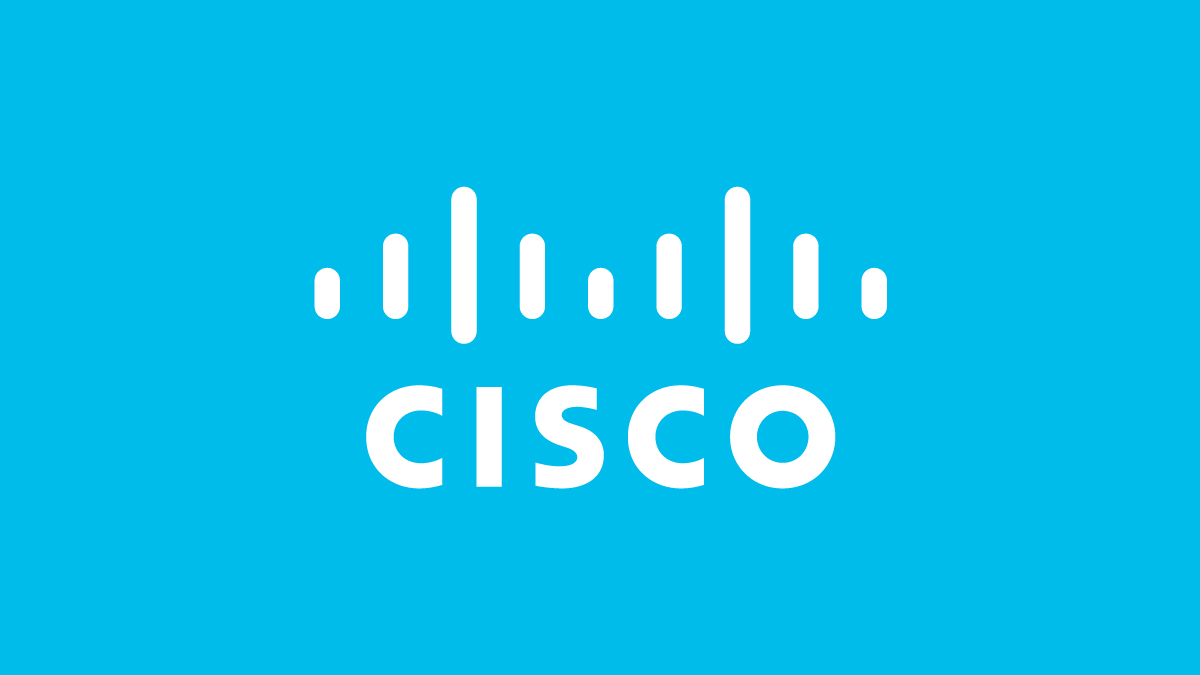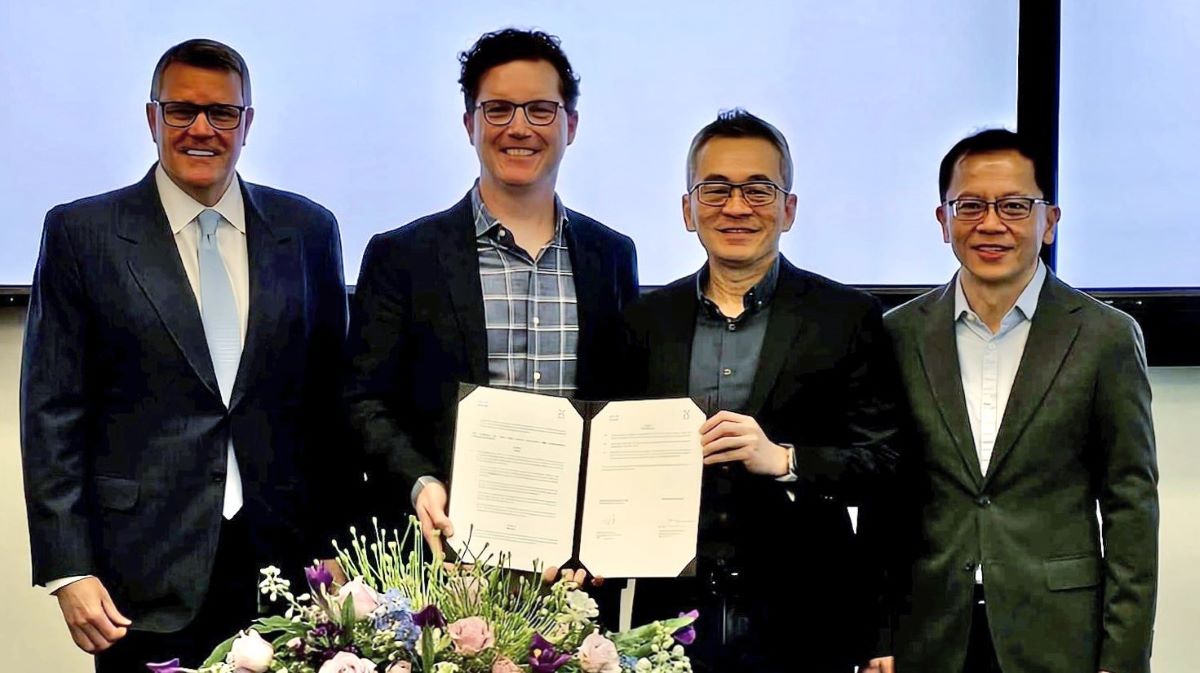(Chicago) – October 16, 2014 – A new report published by Cisco and the Smart Cities Council polled city leaders in North America on ways to help cities accelerate their smart city initiatives. Released today at the Internet of Things World Forum, the survey provides insights from municipal executives on the drivers, challenges and steps being taken to make cities smarter.
"We live in a new digital era enabled by the Internet of Everything that is transforming how smart cities deliver new urban services, provide richer experiences for citizens, and open up unprecedented social, economic and environmental opportunities," said Wim Elfrink, Cisco EVP of Industry Solutions and chief globalisation officer. "However, city leaders have shown in this survey that they seek more guidance on how to advance these major initiatives, which is why we are collaborating with the Smart Cities Council to collectively provide resources and share best practices with customers, business partners and industry leaders."
Of the executives surveyed, the largest demographic of respondents were those working in mayors' offices or city administration, followed by information technology executives. Topics ranged from areas of smart city transformation currently under way, to the top internal and external barriers hindering progress of smart city initiatives, to effective methods for engaging citizens.
Key findings include:
- Nearly a third of respondents identified the desire to improve their city infrastructures as a key motivator to initiate a smart city deployment followed by enhancing the cities' global attractiveness.
- Some early adopters have smart city initiatives under way, including improved communications, energy efficiency, and citizen engagement projects, but most are still in the planning stages.
- Of those in the planning stages, steps are being taken to build the long term vision (49 percent), communicating to the city stakeholders (37.6 percent), and creating action plans with priorities and next steps outlined (34.1 percent).
- By far, the biggest inhibitor for cities is funding, as officials are challenged to find the appropriate financial resources for both short-and long-term projects.
- Internal organization is another key challenge, including the lack of cross-departmental coordination and alignment. In addition, many cities lack a committed champion to lead the effort across departments.
"Knowing where to start, and how to fund it, are the top reasons why cities seek our guidance," said Jesse Berst, Smart Cities Council Chairman. "Understanding the key barriers by hearing directly from city leaders is the first step in making our cities more livable, workable and sustainable."
The report is available on the Cisco® website and provides 10 how-to tips for accelerating the smart city journey. For more in-depth resources, visit the Smart Cities Council website to download the Smart Cities Readiness Guide and Smart Cities Financing Guide.
###
About Cisco
Cisco (NASDAQ: CSCO) is the worldwide leader in IT that helps companies seize the opportunities of tomorrow by proving that amazing things can happen when you connect the previously unconnected. For ongoing news, please go to http://thenetwork.cisco.com.
Cisco and the Cisco logo are trademarks or registered trademarks of Cisco and/or its affiliates in the U.S. and other countries. A listing of Cisco's trademarks can be found at www.cisco.com/go/trademarks. Third-party trademarks mentioned are the property of their respective owners. The use of the word partner does not imply a partnership relationship between Cisco and any other company.
About the Smart Cities Council
The Smart Cities Council is the trusted advisor to equip cities with tools and knowledge to cope with expanding populations, shrinking budgets and aging infrastructure. It is comprised of the world's foremost smart city practitioners advised by unbiased, independent experts, including top universities, national laboratories, standards bodies, climate advocacy groups and development banks. The Council's goal is to accelerate the growth of smart cities worldwide by providing city leaders with best practices and vendor-neutral guidance on technology, finance, policy and, citizen engagement. For more information, visit www.smartcitiescouncil.com or view a brief introductory video about the Smart Cities Council.
Media Contacts:
Sarah Blanchard
Communications Director, Smart Cities Council
sarah.blanchard@smartcitiescouncil.com
206.412.0947




